The Crimean War, a conflict between Russia and an alliance of Britain, France, the Ottoman Empire, and Sardinia, was fought from 1853 to 1856.
But what if this war had escalated into a larger European conflict? If the Crimean War had engulfed the entire continent, it would have dramatically altered the course of history. Let's explore how this scenario could have unfolded and its potential consequences.
A larger Crimean War would have led to a significant realignment of alliances in Europe. Britain and France might have united against a weakened Russia, while Austria could have sided with the West to counter Russian influence in the region.
The economic strain and domestic unrest caused by battles raging on multiple fronts would have been immense. Trade disruptions and nationalist movements would have added to the turmoil, forever changing the balance of power in Europe.
Reshuffling European Alliances
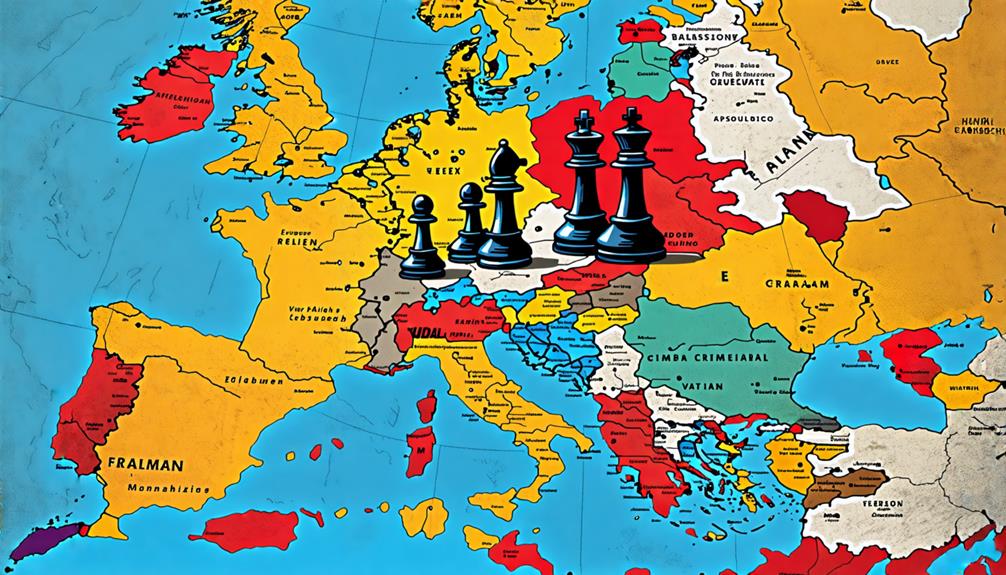
In an alternate history, the Crimean War could have led to a significant reshuffling of European alliances. One theory is that Britain and France, despite their long-standing rivalry, might've joined forces against Russia, while Austria could have sided with the Western powers to contain Russian influence in the region.
It's possible that Prussia would have remained neutral or supported Russia, while smaller states like Sardinia and the Ottoman Empire might've seized the opportunity to assert their interests.
Interestingly, a similar scenario did occur during World War I, when the alliances of Europe were drastically redrawn, leading to a global conflict.
Battles on Multiple Fronts
In an alternate timeline, the Crimean War could have escalated into a much larger European conflict fought on multiple fronts. One possibility is that Britain and France's naval forces would have engaged with Russia in the Baltic Sea, while Ottoman and Russian armies battled in the Balkans.
Prussia and Austria's entry into the war might've opened up a Central European front. It's conceivable that this broader conflict would have dramatically reshaped the balance of power in Europe and altered the course of history.
Interestingly, a similar scenario played out decades later during World War I, with multiple fronts and shifting alliances. The outcomes of such a multi-front Crimean War are open to speculation, but it likely would have meant significant changes to European borders, politics, and power dynamics.
Economic Strain and Domestic Unrest
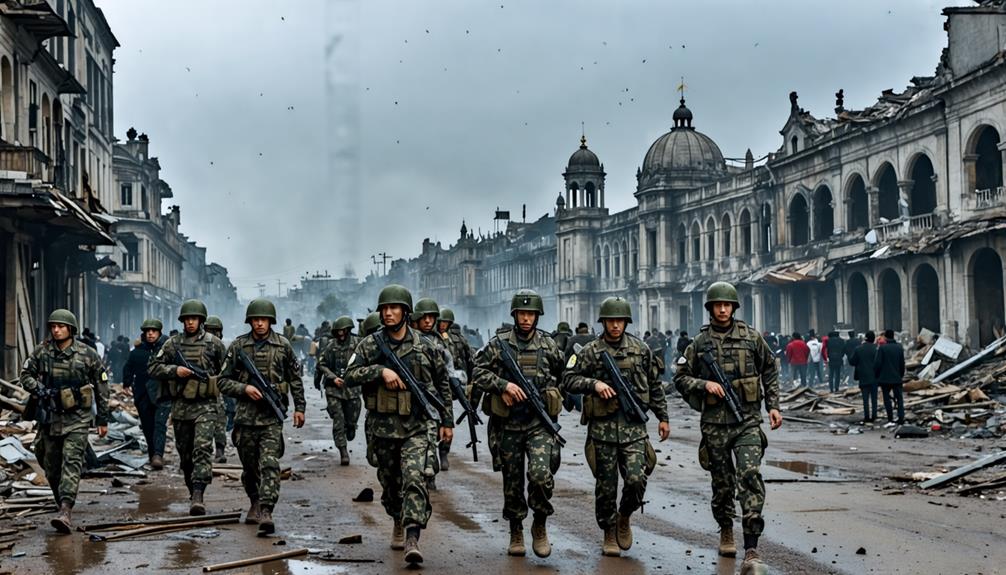
In an alternative history scenario, an escalated, multi-front Crimean War could have strained the economies of European powers, potentially leading to domestic unrest. One theory is that rising taxes to fund the war effort and trade disruptions would have hurt businesses, causing public anger to mount as casualty reports arrived and living conditions worsened.
It's possible that governments would have struggled to maintain order and support for the war. These economic impacts and domestic reactions, such as antiwar protests and civil unrest, might've led to significant changes in Europe's political landscape.
Interestingly, some historians argue that a similar scenario did occur during World War I, although on a much larger scale and several decades after the Crimean War. The economic strain and domestic unrest experienced by various nations during WWI could be seen as a parallel to what might've happened in this alternative Crimean War scenario.
Technological Advancements in Warfare
In this alternate history, the intensified Crimean War may have strained economies and stirred domestic unrest, but it could have also catalyzed advances in military technology.
Historians theorize that improved firearms like breech-loading rifles and early machine guns might've emerged, along with innovations in naval warfare such as ironclad ships and steam-powered vessels.
The telegraph, enabling swift communication, could have transformed battlefield strategy.
Interestingly, some of these technological leaps did occur later in the 19th century during other conflicts, like the American Civil War.
Colonial Repercussions
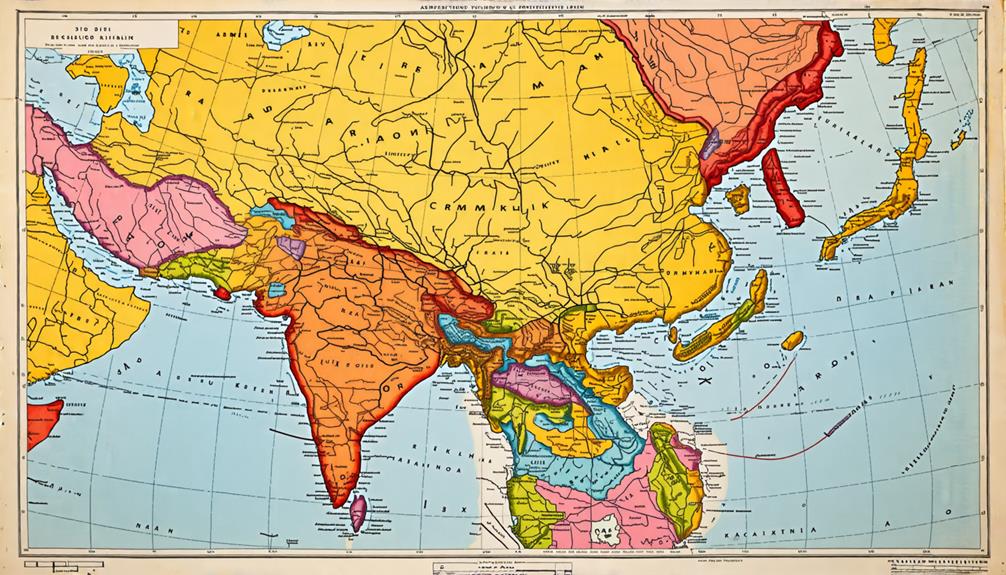
One theory is that an intensified Crimean War would have led to increased competition among the British, French, and Russian empires for resources and strategic territories in their colonies. This could have potentially sparked new conflicts in distant lands, as each empire sought to gain an advantage over its rivals.
Local colonial uprisings might've tried to exploit the distraction of the imperial powers, challenging their rule and authority. It's possible that if the Crimean War had dragged on longer or been more intense, it could have altered the balance of power globally and reshaped the colonial landscape for generations to come.
Interestingly, some historians have speculated that a similar scenario did play out to a degree several decades later during World War I. The global conflict diverted attention and resources away from the colonies, emboldening independence movements that ultimately contributed to the unraveling of the European colonial empires in the 20th century.
Rise of Nationalism
In this alternate timeline, the escalation of the Crimean War might've intensified nationalist movements across Europe.
One theory is that it could have led to the rise of leaders harnessing nationalism for their own political aspirations, increased xenophobia, and the resurgence of territorial disputes between nations.
These developments would have likely destabilized Europe and sowed the seeds for potential future conflicts.
It's worth noting that while this specific scenario didn't unfold during the Crimean War, the rise of nationalism did contribute to the outbreak of World War I in 1914, albeit under different circumstances.
Altered Balance of Power
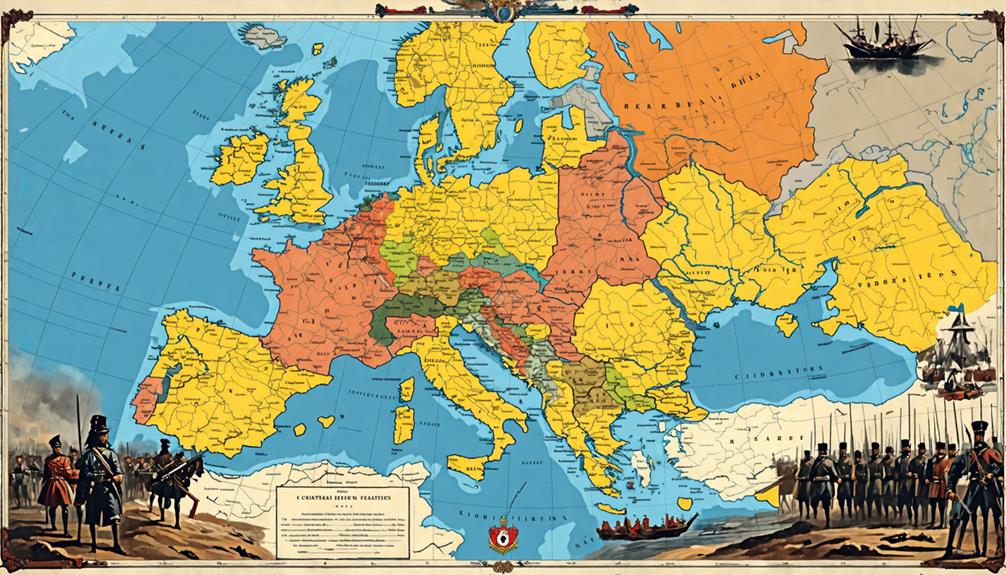
An escalated Crimean War could have substantially changed the balance of power in Europe. One theory is that it might've led to a weakened Russia, potentially losing territory and influence, while victorious powers like Britain and France would have gained international clout. Additionally, the Ottoman Empire may have regained some of its lost strength.
It's worth noting that while the Crimean War ended in 1856, a similar scenario played out decades later during the Russo-Turkish War of 1877-1878. In this conflict, Russia defeated the Ottoman Empire, leading to the independence of Romania, Serbia, and Montenegro, and the autonomy of Bulgaria.
Conclusion
You've glimpsed a world where the Crimean War's flames engulfed Europe, forging unlikely alliances and shattering empires.
In this crucible of conflict, the roots of modernity – nationalism, industrialized warfare, global upheaval – would've sprouted early, fed by the blood of millions.
Though history took a different path, this alternate timeline serves as a somber reminder: in the tinderbox of great power politics, even a regional spark can ignite a continental inferno.
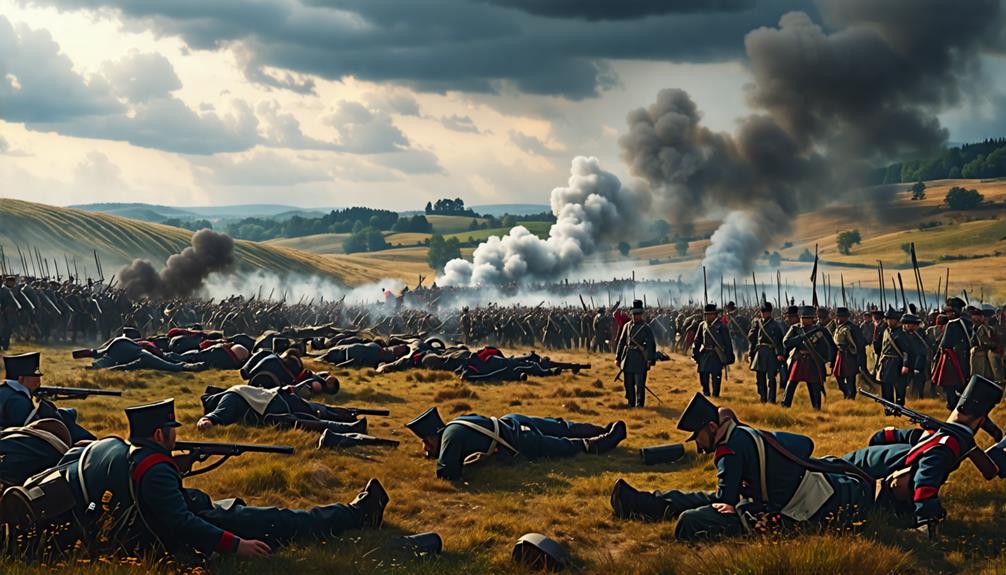
Leave a Reply